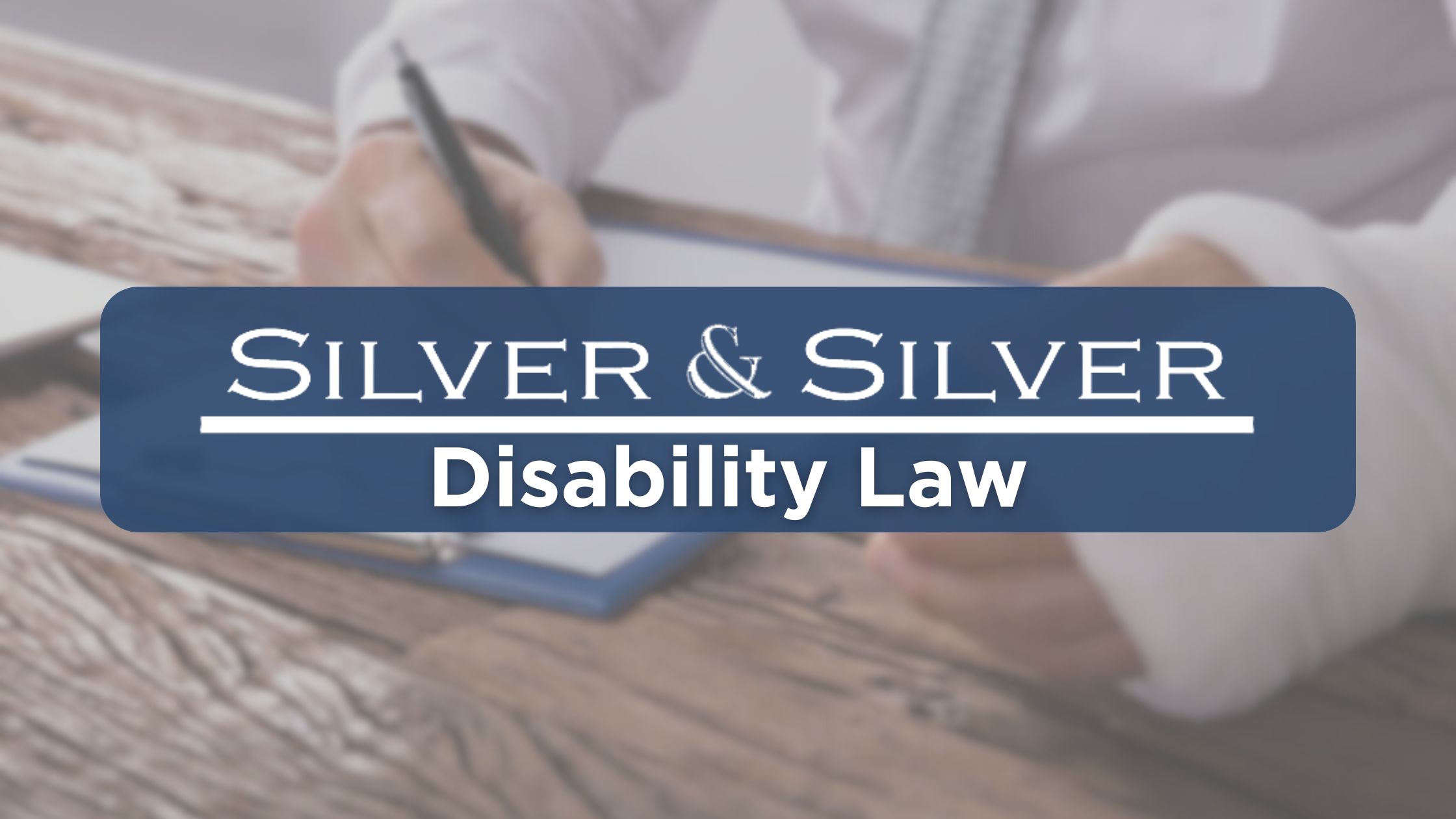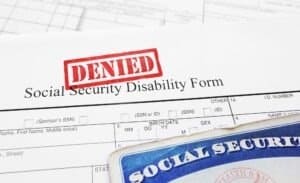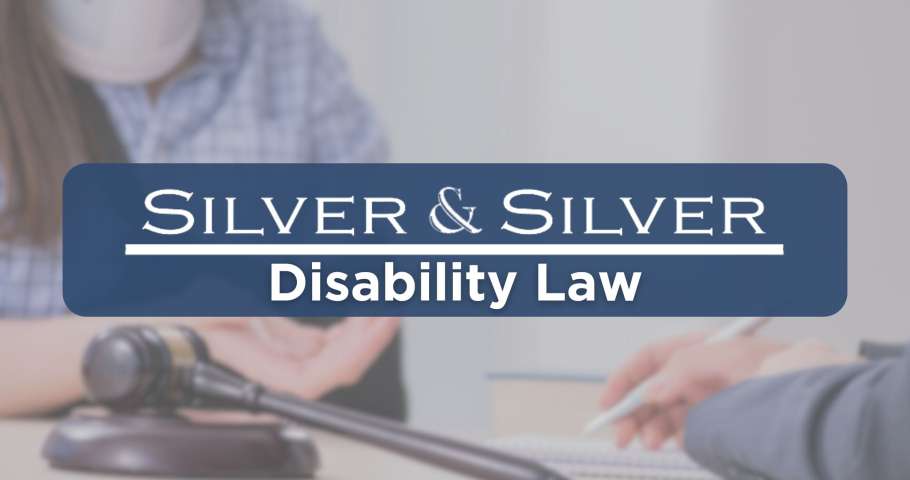If you’re struggling with a disability that affects your ability to work, understanding Social Security Disability benefits is crucial. The Social Security Administration (SSA) has specific criteria for determining who qualifies for benefits, and not all disabilities automatically make you eligible. In this blog, we’ll walk you through the major categories of disabilities recognized by the SSA and help you determine whether you may qualify for assistance.
Physical Disabilities
Physical disabilities are among the most commonly approved for Social Security benefits. To qualify, the condition must be severe enough to limit your ability to perform basic work activities. Examples include:
- Musculoskeletal Disorders: Conditions like arthritis, back injuries, or spinal disorders that restrict movement or cause chronic pain may qualify.
- Neurological Disorders: Epilepsy, Parkinson’s disease, multiple sclerosis (MS), and similar conditions fall under this category. These disorders can impact mobility, cognitive function, and daily activities, making it challenging to work.
- Respiratory Conditions: Chronic obstructive pulmonary disease (COPD) and asthma, when severe, can qualify if they impair your ability to breathe or limit your stamina.
The key factor the SSA considers is whether your condition prevents you from engaging in “substantial gainful activity.” If your physical disability severely limits your ability to work a full-time job, you may be eligible for benefits.
Mental Health Disabilities
Mental health disabilities also qualify for Social Security benefits, though proving eligibility can be more complex. The SSA has a list of recognized mental health disorders that may qualify, including:
- Depressive Disorders: Severe depression that interferes with your ability to function in work or social settings may meet the criteria. The SSA looks for cases where treatment has not substantially improved symptoms.
- Anxiety Disorders: Conditions like generalized anxiety disorder (GAD), post-traumatic stress disorder (PTSD), and obsessive-compulsive disorder (OCD) could qualify if they cause significant work or social limitations.
- Cognitive Disorders: Intellectual disabilities or cognitive impairments caused by traumatic brain injuries or developmental disorders may also be considered. The SSA evaluates how these conditions impact your daily activities and work capabilities.
To prove eligibility for benefits based on a mental health condition, you’ll need comprehensive medical documentation, including diagnoses from healthcare professionals and detailed treatment histories. A disability benefits lawyer in Camden, NJ, can guide you through this process to ensure you meet the SSA’s requirements.
Chronic Illnesses and Other Qualifying Conditions
Beyond physical and mental health disabilities, the SSA recognizes a range of chronic illnesses and conditions that may qualify for benefits. These include:
- Cardiovascular Disorders: Heart conditions, such as chronic heart failure or coronary artery disease, can make you eligible if they limit your physical abilities and prevent you from working.
- Immune System Disorders: Conditions like lupus, rheumatoid arthritis, and HIV/AIDS may qualify if they result in severe and long-term functional limitations.
- Cancer: Certain types of cancer automatically qualify for disability benefits, especially if they are advanced or aggressive. The SSA uses a list of impairments that can expedite approval for severe cases.
Each condition has specific criteria that must be met for the SSA to approve your application. Working with a disability benefits attorney can help you gather the necessary evidence and medical records to strengthen your claim.
Navigating the Process
Applying for Social Security Disability benefits can be overwhelming, and many initial claims are denied due to insufficient evidence or incomplete information. Having a disability lawyer near you, especially one familiar with the SSA’s requirements in Camden, NJ, can make a difference. A disability benefits attorney can help you navigate the application process, gather supporting documentation, and represent you in appeals if your claim is denied.
At Silver & Silver, our disability benefits lawyers in Camden, NJ, are here to help you every step of the way. If you believe your condition might qualify, reach out. Let us advocate for your rights and work toward getting you the benefits you deserve.
Disclosure:
This website is designed to provide only general information. The information presented on this website is not formal legal advice. You should not rely on any general information from any source for making legal decisions. Each legal matter is unique and requires specific attention from a qualified and experienced attorney. Unless a representation agreement has been signed with the Law Offices of Silver and Silver, we are not your legal representatives.





